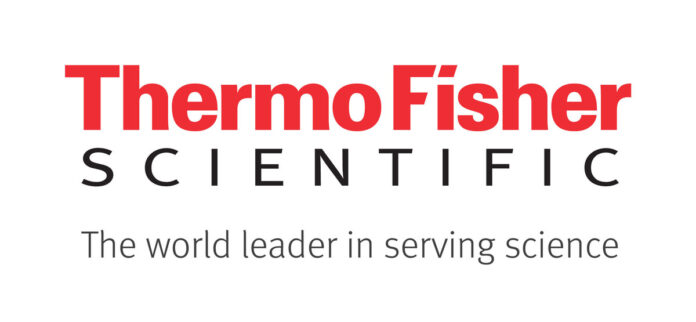WALTHAM, Mass.– Thermo Fisher Scientific Inc., the world leader in serving science, is contributing to the sustainability of biologics therapy manufacturing by leveraging plant-based materials, rather than fossil fuel materials, to deliver lower-carbon, biobased films for its single-use technology bioprocessing containers (BPCs). The biobased films build on Thermo Fisher’s existing Aegis™ and CX film offerings that are widely used and validated by customers. As a result, customers can maintain consistency in their BPCs while also realizing a reduction in greenhouse gas (GHG) emissions. By adopting biobased, sustainable films in their BPCs, Thermo Fisher customers can eliminate carbon emissions related to the plastic resin1.
The biobased films have earned an International Sustainability and Carbon Certification (ISCC) PLUS certification, a globally recognized certification for circular and biobased products. Biopharma manufacturers can pre-purchase the biobased films now to incorporate into their upstream or downstream system in early 2025. In addition, Thermo Fisher will support customers as they track their carbon reduction quantities and advance towards their sustainability objectives.
“Biopharma manufacturers are focused on maximizing productivity, accelerating time-to-market and generating efficiencies all while improving the overall sustainability of their operations,” said Ray Mercier, president of Thermo Fisher’s single-use technologies business. “Our biobased films allow customers to reduce their environmental impact without having to validate new BPCs, helping them bring treatments to patients faster while also helping to protect the planet.”
In addition to offering BPCs with biobased film, Thermo Fisher connects customers with recyclers to enable recycling of BPCs after use. This program helps biopharma manufacturers divert waste from landfill or carbon-intensive incineration, advancing their sustainability goals through a convenient recycling service that turns BPCs into high-quality plastic lumber. Approximately 400,000 pounds of plastic waste has been diverted from landfills or incineration since initiation of the program.
Further reflecting Thermo Fisher’s commitment to sustainable practices and responsible manufacturing, the company also earned an ISCC PLUS certification for the manufacturing of biobased resins in its Nunc Cell Factory™ product line, which is used in producing vaccines and biologics.
“At Thermo Fisher, we pride ourselves on enabling our customers to make the world healthier, cleaner and safer,” said Daniella Cramp, president of Thermo Fisher Scientific’s bioproduction business. “We are reengineering the way we design, produce, package and ship our products to reduce the environmental impacts of our industry, without compromising the quality and performance our customers expect from us. With our biobased solutions, we are taking a step toward a cleaner bioproduction process with less waste and, ultimately, helping enable our customers to achieve their sustainability goals.”
These new innovations and initiatives are part of Thermo Fisher’s commitment to helping customers drive sustainability as they work towards solving the world’s most challenging medical issues. Thermo Fisher is innovating greener products across five key areas of environmental impact: minimizing the use of hazardous materials, reducing waste and using fewer resources, increasing energy efficiency, responsibly packaging and shipping, and extending the useful life of products and materials. Thermo Fisher scientists apply Design for Sustainability principles to product design, creating more sustainable options as part of its Greener by design™ portfolio of products to help advance sustainability and improve lab safety.


